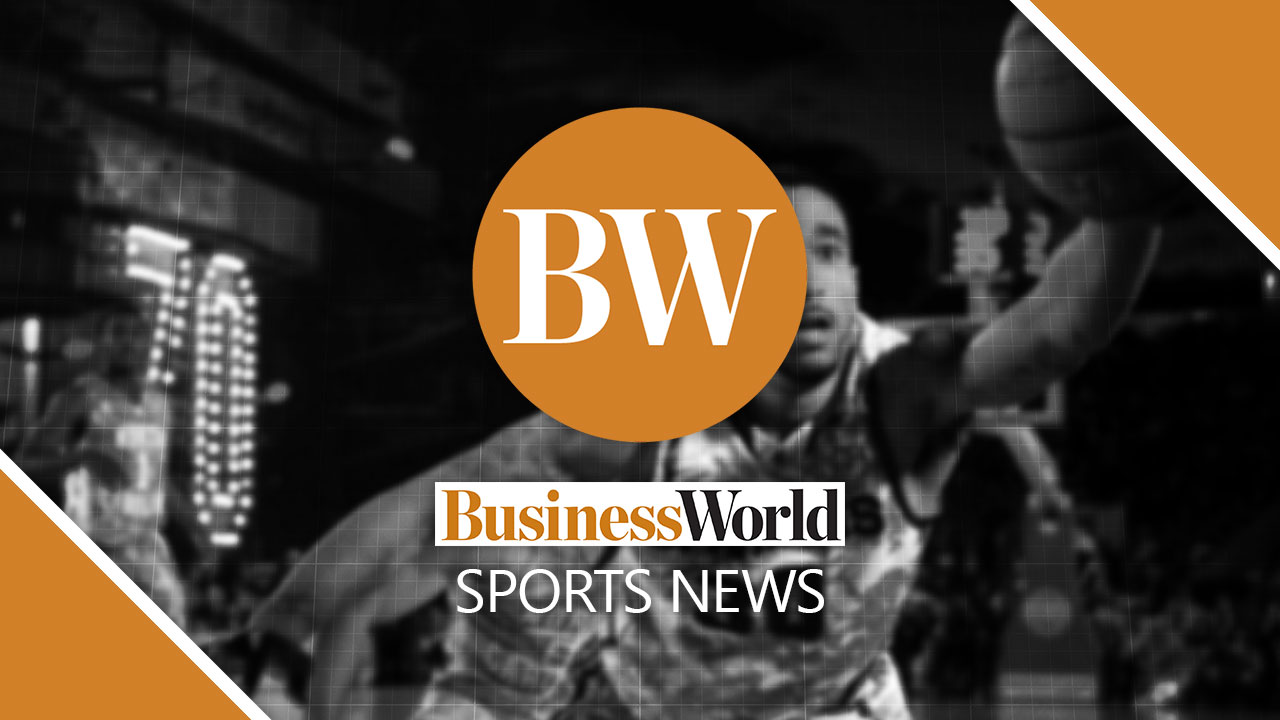
Courtside
By Anthony L. Cuaycong

For a while there, it seemed as if the Thunder would come up with a huge win to send their West semifinal round series against the Mavericks to a deciding Game Seven. The lead was theirs early on, built up to double digits just three minutes and change into the first quarter, and to a heady 14 at the half. It didn’t matter that the boos continually rained down on them from the capacity crowd of 20,555 at the American Airlines Center. As far as they were concerned, Game Six was theirs to take, especially with top dog Shai Gilgeous-Alexander displaying the sharpness that made him a bona fide candidate for the Most Valuable Player award.
At the same time, it was, perhaps, to be expected that the Mavericks would storm back from a deficit that grew to 17 early in the second half. After all, not for nothing did they have triple-double machine Luka Doncic leading the way, ably backstopped by fellow All-Star Kyrie Irving and key trade deadline acquisition P.J. Washington Jr. Indeed, the set-to was close for much of the payoff period — and to the point where the outcome, to no one’s surprise, wound up being decided on the final play.
Even for casual observers of the pro scene, yesterday’s contest was reflective of the compelling nature of the 2024 Playoffs. It certainly had all the telltale signs of a classic: otherworldly performances from marquee names, standout showings from supporting characters, controversial moments, and a nail-biting denouement. Gilgeous-Alexander appeared to have secured the triumph for the Thunder following a stellar dime to outstanding rookie Chet Holmgren with a third of a minute left on the clock. Instead, 18 ticks later, he turned from hero to heel with an ill-advised contest of a three-point attempt by Washington that caught ball and then the latter’s arm for a foul.
Needless to say, the Thunder challenged the call, but it was clear from replays that the contact Gilgeous-Alexander made impeded with the trajectory of the shot. Significantly, the positioning of the players in the paint indicated that the Mavericks would have been able to secure possession and the basket had the whistle not been blown. Speculating is irrelevant, of course, because the call was made. And Washington, having sank the first two charities to give the Mavericks the lead, rightly missed the third try to kill the remaining time in the absence of any stoppages left to grant.
In the aftermath, Gilgeous-Alexander remained unable to take in the turn of events. He told scribes that he is not, and will never be, inclined to watch footage of the sequence that had the Thunder snatching defeat from the throes of victory. He did commit a foul, to be sure, but one that the ESPN coverage of the match, for some reason, questioned at length. Color commentator Richard Jefferson argued that since a clean block was made, the subsequent contact was incidental at worst. There was just one problem with his take, however; Washington never relinquished possession, critical per current interpretation of the rules. In other words, while it is true that the rejection was clean, it is also true that a foul was committed.
As an aside, ESPN did not help things any by having rules analyst Steve Javie speak even as lead referee Tony Brothers was already explaining the review decision on the coach’s challenge. All of which, from Gilgeous-Alexander’s vantage point, made the final result harder to take. The flipside is that the Thunder will learn from their experience and be all the better for it. As they’re left to ruminate on what could have been, they’re likewise cognizant of the fact that they’ll be stronger this time next year.
Anthony L. Cuaycong has been writing Courtside since BusinessWorld introduced a Sports section in 1994. He is a consultant on strategic planning, operations and human resources management, corporate communications, and business development.